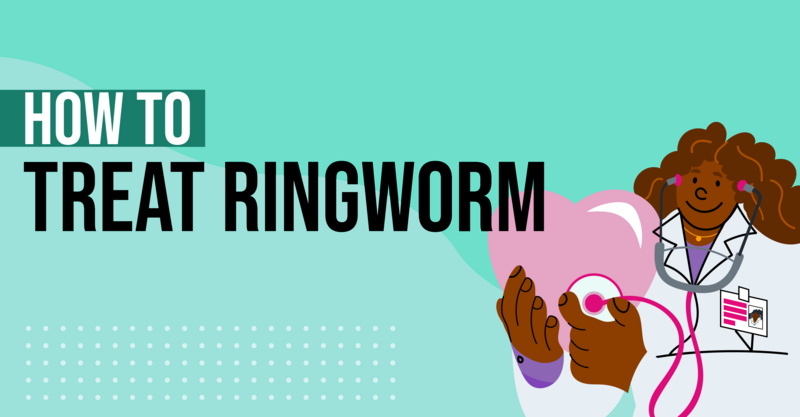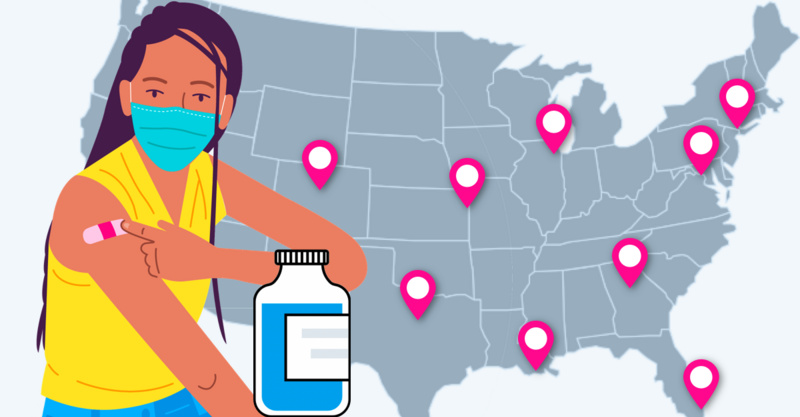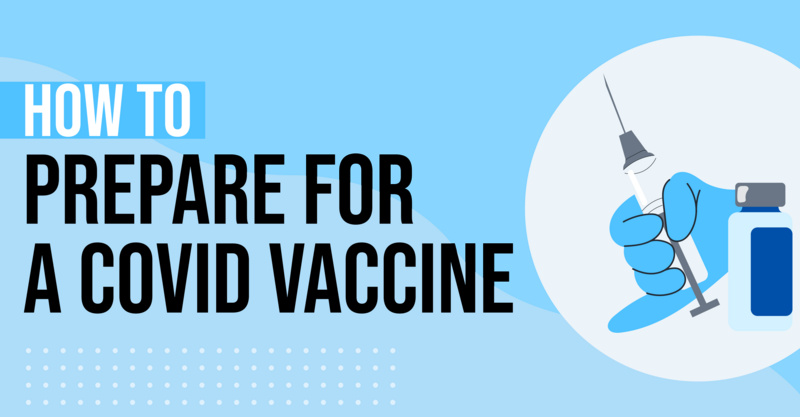Key Points
- Diarrhea is a common condition and usually not a cause for concern unless accompanied by other symptoms like blood in stool, fever, weight loss, or signs of COVID-19.
- Dehydration is a significant risk with diarrhea, which can happen if the body loses fluids faster than they can be replaced.
- If diarrhea lasts for more than two days, it's important to seek medical attention.
- COVID-19, a respiratory illness, can also cause diarrhea among other symptoms, and preventive measures can help.
- Diarrhea typically resolves in one to two days, and symptoms can be managed with over-the-counter medications, increased fluid intake, warm baths, and topical treatments.
What is Diarrhea?
Because diarrhea is a common ailment, it can be difficult to know when it becomes necessary to see a doctor. In fact, most people get diarrhea once or twice a year, and if you’ve had it, you probably didn’t think much of it, right? Usually that’s OK – more often than not, diarrhea isn’t very serious and goes away on its own.
Often, diarrhea is accompanied by symptoms like urgently feeling like you need to have a bowel movement, bloating, cramping, nausea, and vomiting. These symptoms are usually nothing to be concerned about. However, it is important to see a doctor is your diarrhea is accompanied by:
- Blood or mucus in the stool (or black stool)
- A fever higher than 100.4 F
- Weight loss
- Severe abdominal pain
- Dark or cloudy urine
- Elevated heart rate
- Other symptoms of COVID-19 (e.g., cough, difficulty breathing, fatigue)
Another concern with having diarrhea is dehydration, which can occur when your body is losing fluids faster than you are taking them in. Generally speaking, if you are having watery stools more than three times a day, you can easily become dehydrated if you are not drinking enough fluids. Dehydration can cause complications if not treated, so it is important to increase your fluid intake if you have diarrhea, and see a doctor if you are losing fluids faster than you can take them in and/or if your diarrhea lasts longer than two days.
Possible Health Conditions Related to Diarrhea
Coronavirus (COVID-19)
COVID-19 is a respiratory illness that spreads from person to person and that produces a range of mild to severe symptoms, including diarrhea. At present, there are no FDA-approved medications used specifically to treat COVID-19 and there is no COVID-19 vaccine available. The most effective way to prevent COVID-19 is to avoid being exposed to the virus by practicing social distancing, wearing a face covering, washing hands regularly, and staying at home.[2]
Treatments for Diarrhea
In most cases, diarrhea lasts for one to two days before clearing up on its own. In the meantime, there are a few things you can do at home to lessen your symptoms and help yourself feel better more quickly, including:
- Take over-the-counter medicine such as Imodium®
- Drink lots of fluids, especially water, fruit juice, or broth
- Take a warm bath
- Apply white petroleum jelly or hemorrhoid cream to the affected area
If your diarrhea is causing you to become dehydrated, you might also need an IV to restore fluids to your body. IV's need to be administered by medical professionals, which make urgent care centers a great option for same day or next day visits.
Questions Your Doctor May Ask About Diarrhea
- Is your diarrhea occurring with any other symptoms of COVID-19 (e.g., fever, cough, shortness of breath)?
- Have you recently been exposed to someone who has tested positive for COVID-19?
- Did you recently attend an event or gathering at which more than 10 people from outside of your household were present?
Diarrhea May Also be Known as
- Diarrhoea
- Loose stool
- Loose bowels
- Watery stool
- The runs
- The trots
- Montezuma's revenge
- Flux
- Dysentery
Sources:
Frequently asked questions
What are the symptoms that should prompt me to see a doctor if I have diarrhea?
If your diarrhea is accompanied by blood or mucus in the stool, fever, weight loss, severe abdominal pain, dark or cloudy urine, an elevated heart rate, or other symptoms of COVID-19, you should see a doctor.How long should diarrhea last before I seek medical attention?
If diarrhea persists for more than two days, you should seek medical attention.Can COVID-19 cause diarrhea?
Yes, COVID-19, a respiratory illness, can also cause diarrhea among other symptoms.What can I do to prevent getting COVID-19?
Preventive measures such as social distancing, wearing a mask, and frequent hand washing can help prevent COVID-19.How can I manage diarrhea symptoms at home?
Over-the-counter medications, increased fluid intake, warm baths, and applying white petroleum jelly or hemorrhoid cream to the affected area can help manage diarrhea symptoms.What is the risk of dehydration with diarrhea?
Dehydration is a significant risk with diarrhea, which can occur if the body loses fluids faster than they are being replaced.What treatment might be needed if dehydration occurs due to diarrhea?
If dehydration occurs due to diarrhea, an IV may be needed to restore fluids.Are there any FDA-approved medications specifically for treating COVID-19?
No, currently there are no FDA-approved medications specifically for treating COVID-19.
Solv has strict sourcing guidelines and relies on peer-reviewed studies, academic research institutions, and medical associations. We avoid using tertiary references.









